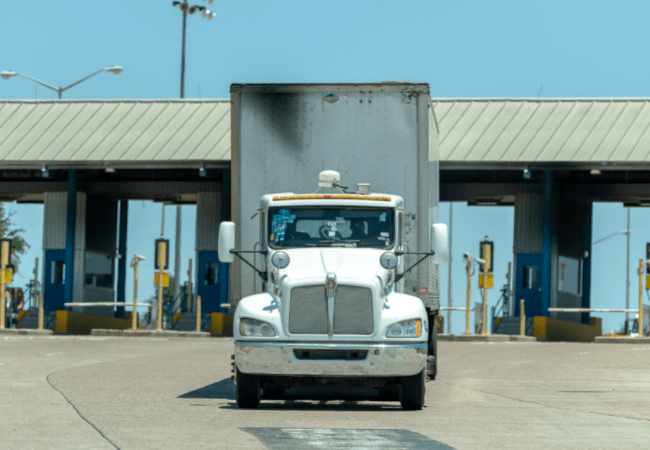Mexico processed a total of 7.4 million import pedimentos in 2022, an increase of 212,500, representing a 2.9% year-over-year growth, informed the Ministry of Finance and Public Credit (SHCP).
Meanwhile, 2.9 million pedimentos were filed for exports, representing a 5.4% increase from 2021 to 2022.
Customs clearance for the import (and export) of goods is carried out before Mexico’s National Customs Agency (ANAM).
This entity is specifically responsible for checking the data contained in the pedimentos, declarations or manifestations, including verification of origin, as well as collecting taxes and customs clearance fees, and verifying compliance with non-tariff regulations and restrictions (RRNA).
ANAM is also responsible for seizing or retaining goods whose legal stay in the country is not evidenced, and for taking custody of them as a depository.
The customs declaration that accompanies the merchandise presented to customs for its entry into the country (or exit from the country) must indicate the destination regime.
According to the World Trade Organization (WTO), Mexico continues to maintain six customs regimes: definitive import (export); temporary import (export); bonded warehouse; internal or international transit of goods; processing, transformation or repair in bonded warehouse; and strategic bonded warehouse.
Import pedimentos
Once the payment of duties has been made, the non-tariff requirements have been met and the customs declaration has been validated by the Electronic Customs System (SEA), the Automated Selection Module (MSA) is activated, which determines whether customs examination is required.
If the MSA determines that customs examination is not necessary, the goods are cleared immediately.
On the other hand, if the module determines that a customs examination is required, the customs authority performs the documentary and physical examination at the bonded warehouse, before the person who presents the merchandise.
If no irregularities are detected in the customs examination that could lead to the seizure of the merchandise, it is released immediately.
The seizure of the goods may be substituted by guarantees as established in the Federal Tax Code.
Regardless of the result of the MSA, the customs authority reserves the right to issue a verification order for the merchandise or exercise any of its verification powers.
![]()

